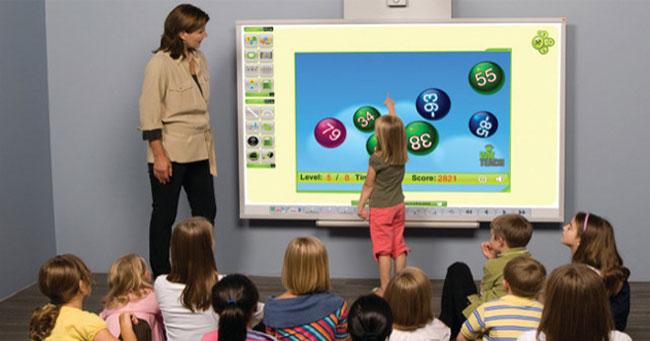- Email: contact@eeshagurukul.org
- 9606031516 / 8079630423
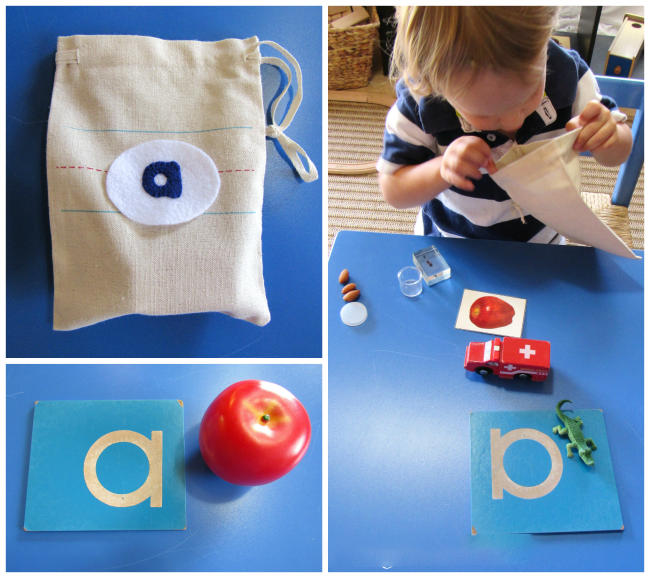
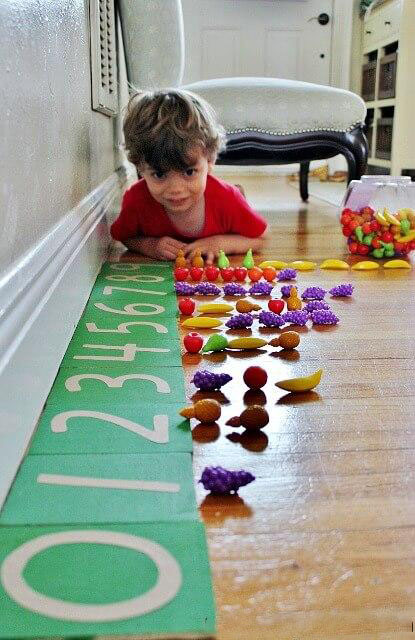
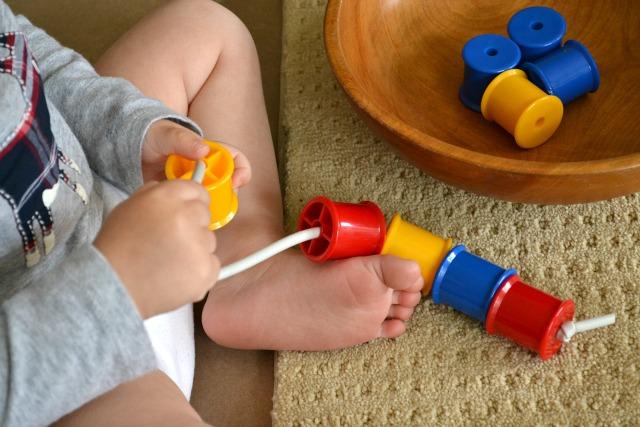
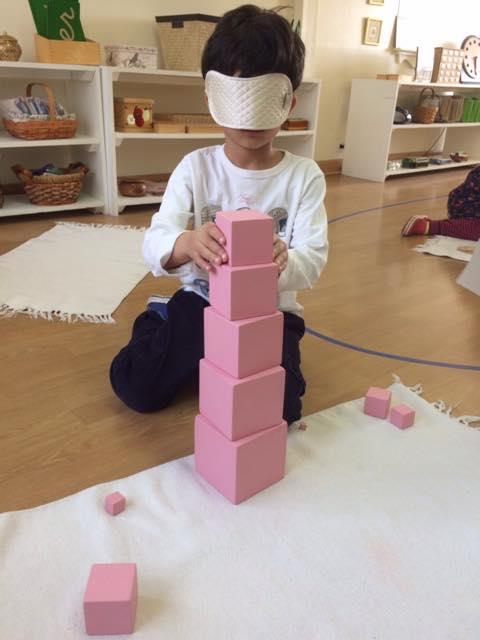
Play allows children to use their creativity while developing their imagination, dexterity, and physical, cognitive, and emotional strength. Play is important to healthy brain development. It is through play that children at a very early age engage and interact in the world around them. Play allows children to create and explore a world they can master, conquering their fears while practicing adult roles, sometimes in conjunction with other children or adult caregivers. As they master their world, play helps children develop new competencies that lead to enhanced confidence and the resiliency they will need to face future challenges. Undirected play allows children to learn how to work in groups, to share, to negotiate, to resolve conflicts, and to learn self-advocacy skills. When play is allowed to be child driven, children practice decision-making skills, move at their own pace, discover their own areas of interest, and ultimately engage fully in the passions they wish to pursue
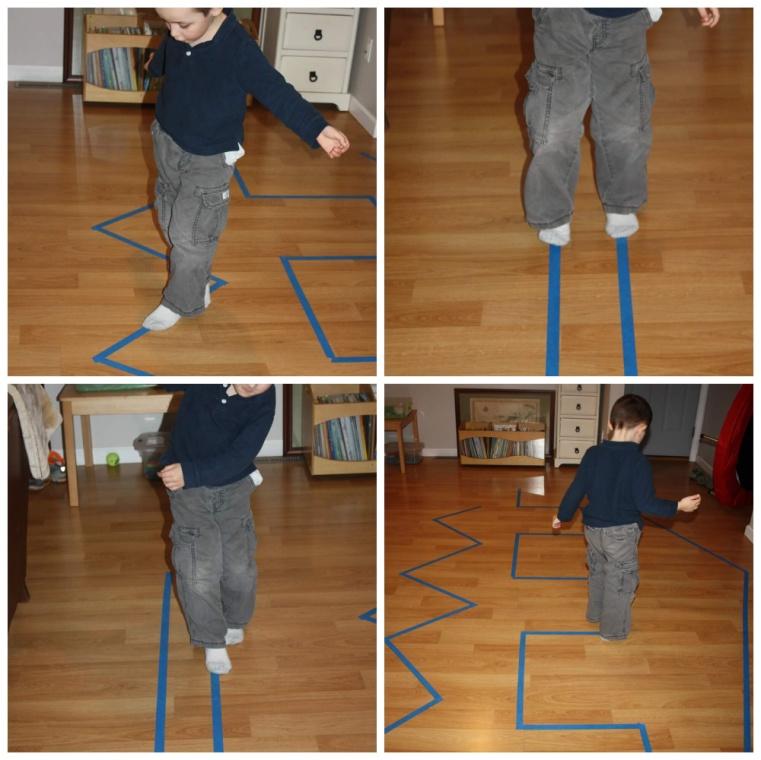
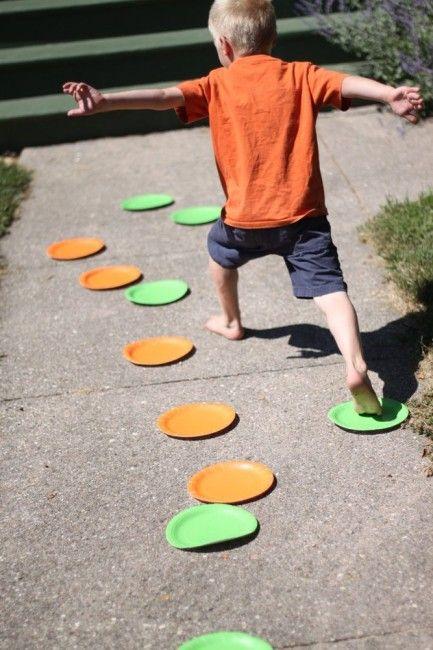
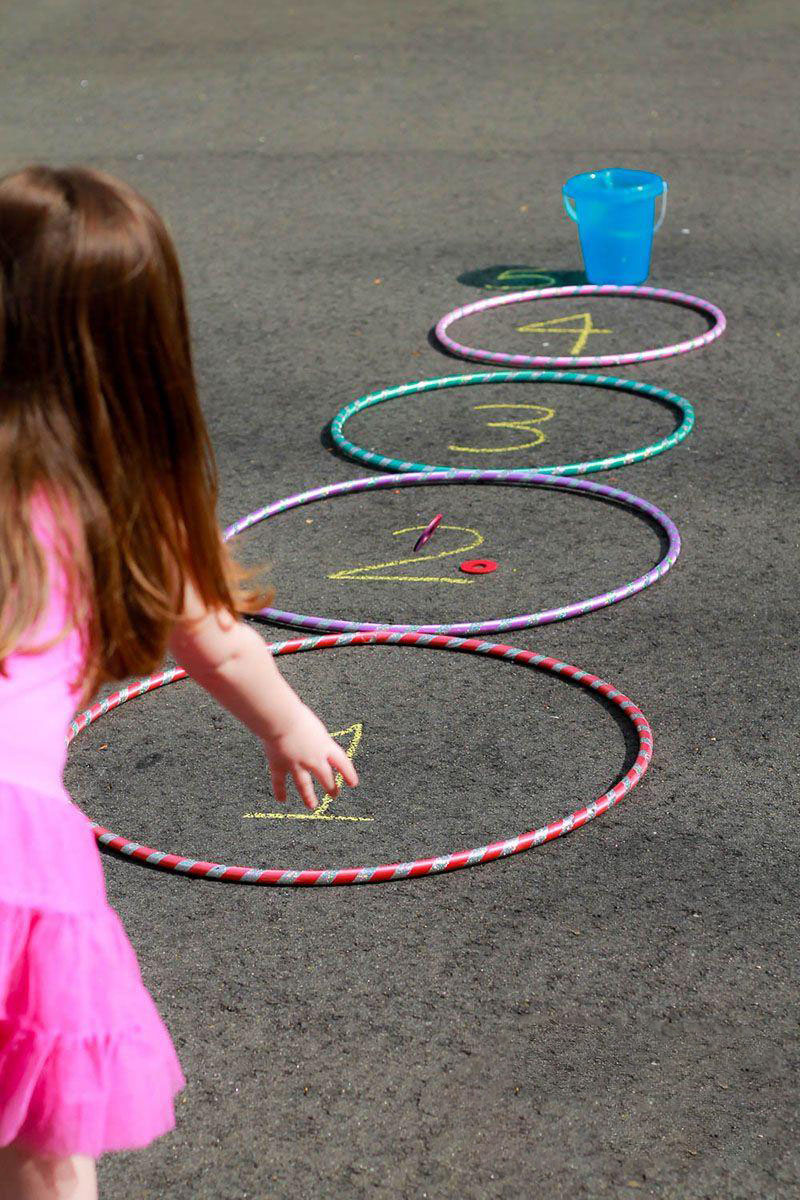
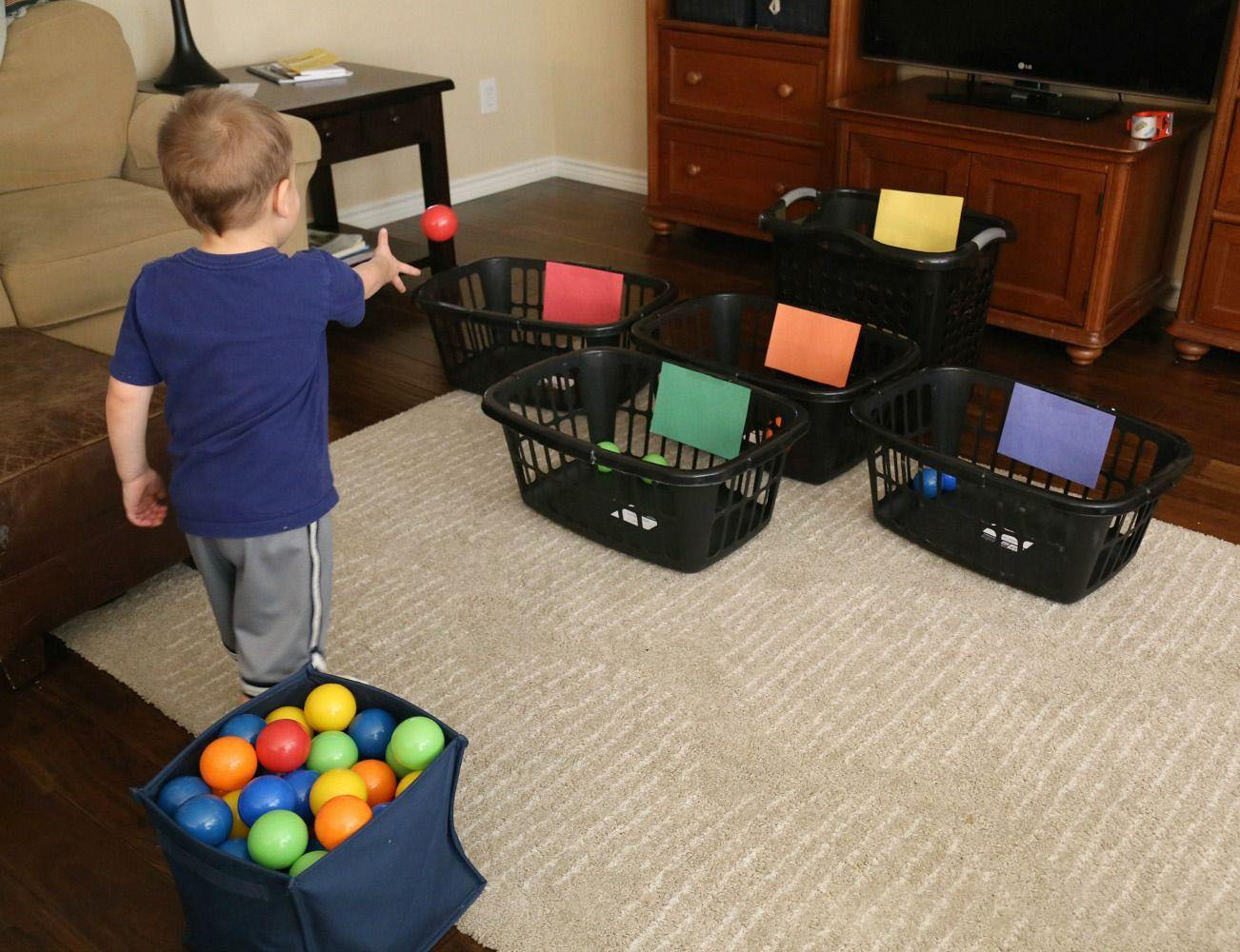
Visual teaching is a way to encourage expressive language from early learners.A choice board is often used when planning for Center Time activities. It focuses the students' attention and gives them the opportunity to work on beginning planning skills. Visual supports are a powerful tool for building social skills.
